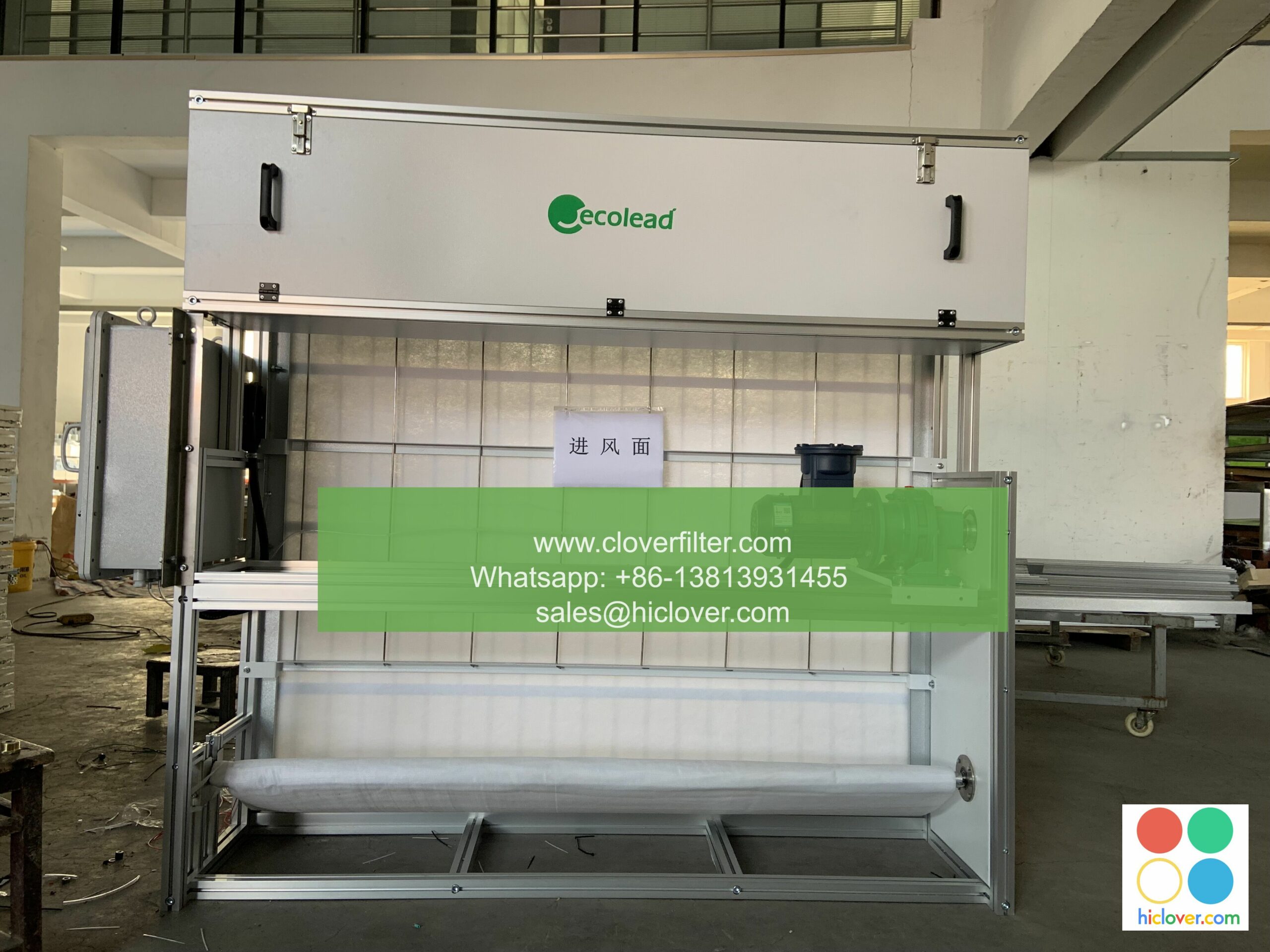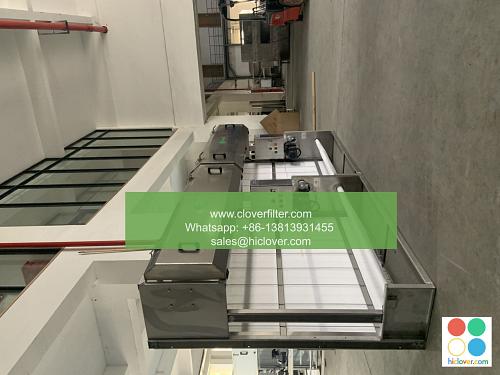Air Filters for Sinusitis: A Guide to Relief

Sinusitis, a common and debilitating condition, affects millions of people worldwide, causing persistent congestion, headaches, and respiratory issues. One effective way to manage sinusitis is by using air filters, which can significantly improve indoor air quality, reducing allergens, pollutants, and irritants that exacerbate the condition. In this article, we’ll explore the benefits of air filters for sinusitis, highlighting various application areas, including HEPA filters, activated carbon filters, and UV light air purifiers.
Understanding Sinusitis and Air Quality
Sinusitis occurs when the sinuses, air-filled cavities in the skull, become inflamed, often due to allergies, infections, or environmental factors. Poor air quality, characterized by high levels of particulate matter (PM), nitrogen dioxide (NO2), and volatile organic compounds (VOCs), can worsen sinusitis symptoms. Air filters can help alleviate these issues by removing airborne pollutants, creating a healthier environment for individuals with sinusitis.
Types of Air Filters for Sinusitis
Several types of air filters are effective in reducing sinusitis symptoms, including:
* HEPA (High Efficiency Particulate Air) filters: Capture 99.97% of particles as small as 0.3 microns, including dust, pollen, and other allergens.
* Activated carbon filters: Remove gases, odors, and chemicals from the air, which can trigger sinusitis symptoms.
* UV light air purifiers: Use ultraviolet light to kill bacteria, viruses, and other microorganisms that can contribute to sinusitis.
* Ionizing air purifiers: Release negative ions that attract and trap pollutants, improving air quality.
Application Areas for Air Filters
Air filters can be applied in various settings to provide relief from sinusitis, including:
* Home air filtration systems: Whole-house systems or portable air purifiers can be used to improve indoor air quality.
* Office air quality solutions: Air filters can be installed in office buildings to reduce airborne pollutants and create a healthier work environment.
* Vehicle air purification systems: Car air purifiers can help remove pollutants and allergens from the air while driving.
* Personal air purifiers: Portable air purifiers can be used in small spaces, such as bedrooms or offices, to provide individualized air filtration.
Tips for Choosing the Right Air Filter
When selecting an air filter for sinusitis, consider the following factors:
* Filter efficiency: Look for filters with high CADR (clean air delivery rate) ratings and HEPA certification.
* Filter type: Choose a filter that targets the specific pollutants and allergens that trigger your sinusitis symptoms.
* Maintenance costs: Consider the cost of replacing filters and maintenance requirements.
* Noise level: Opt for air purifiers with low noise levels to ensure uninterrupted sleep and work.
Conclusion
Air filters are a valuable tool in managing sinusitis, providing relief from symptoms and improving overall health. By understanding the different types of air filters, application areas, and key considerations, individuals with sinusitis can make informed decisions about which air filter best suits their needs. Remember to consult with a healthcare professional for personalized advice on managing sinusitis and improving indoor air quality. Prompt

